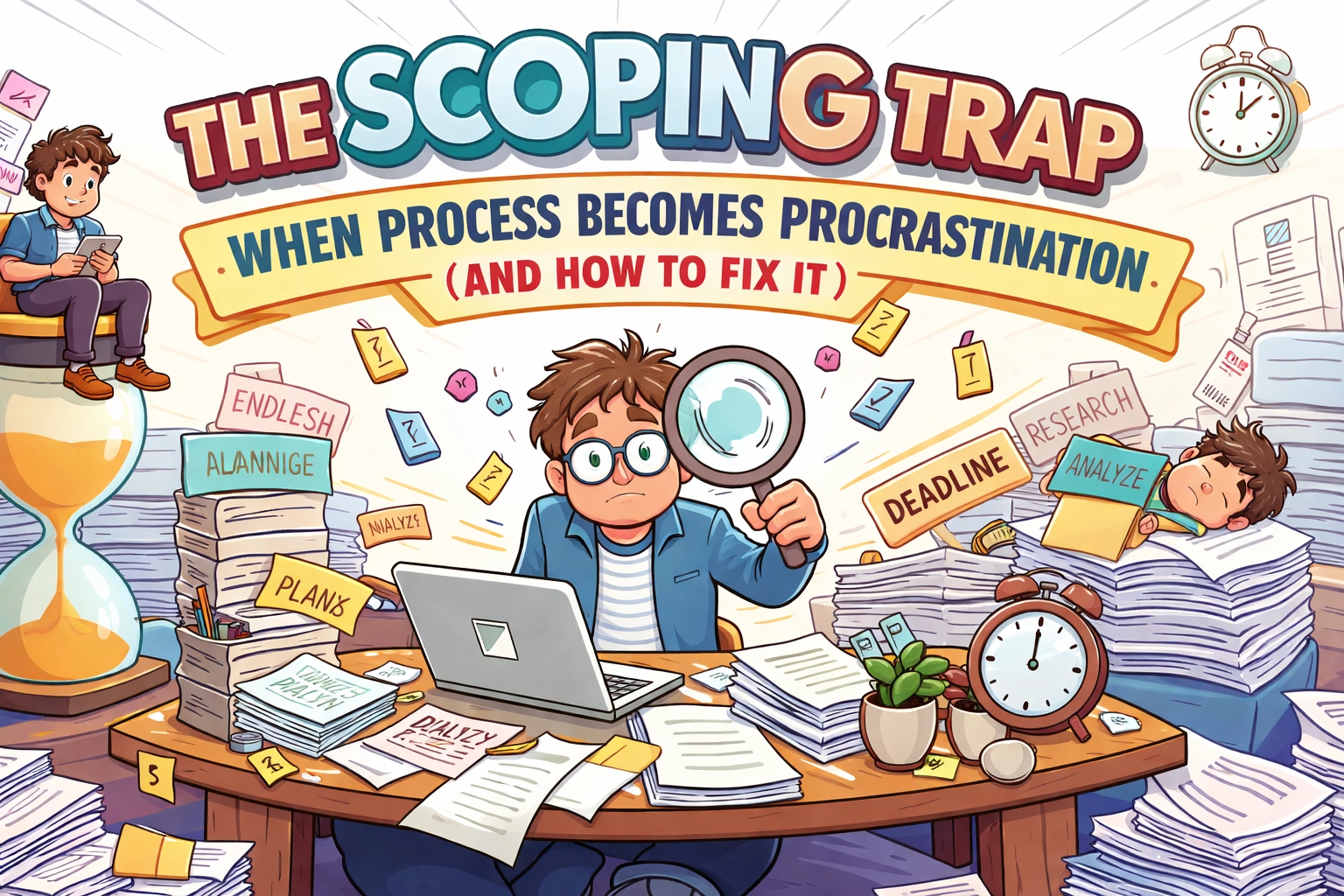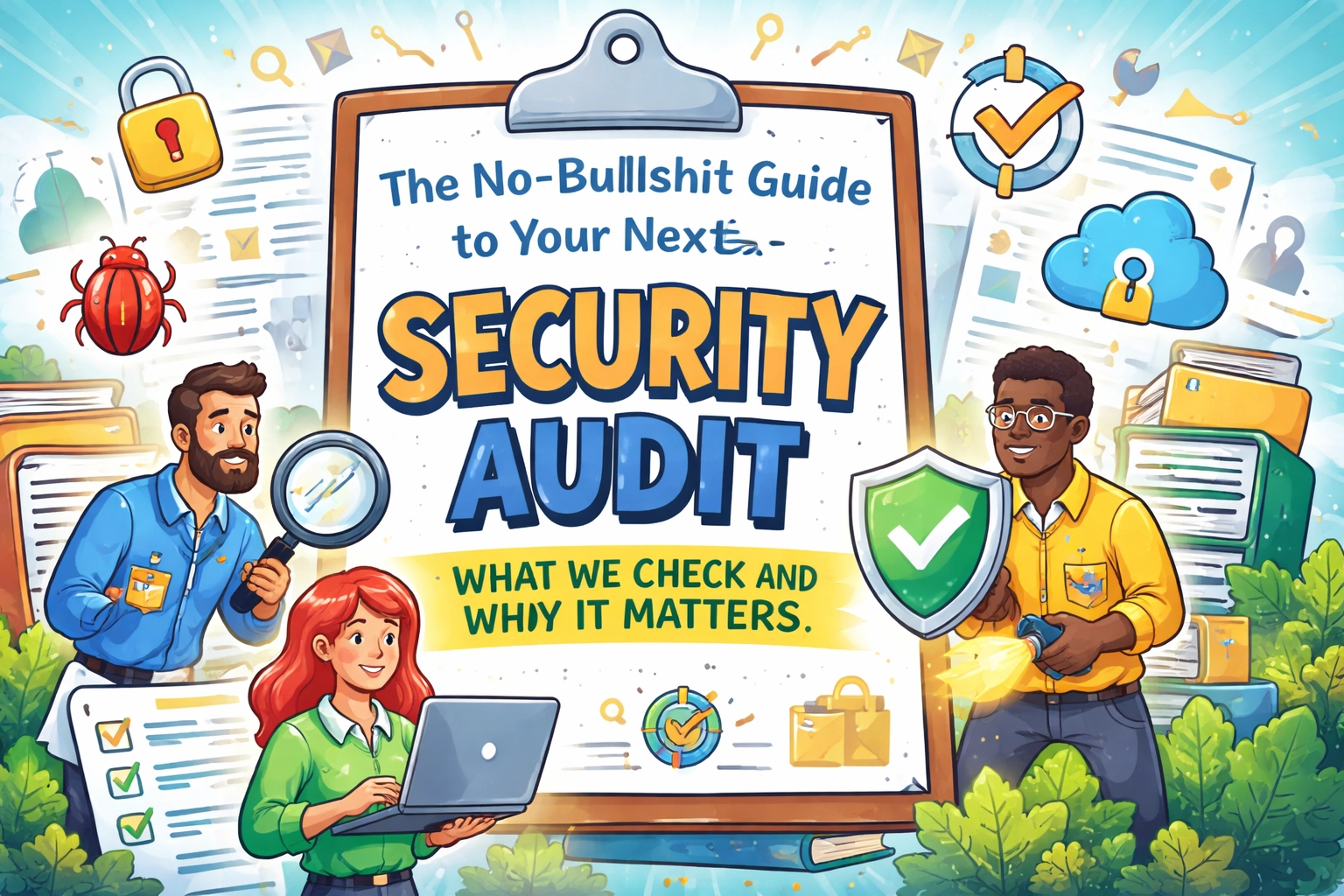You're in your backyard when you hear that distinctive buzzing sound. Looking up, you spot a drone hovering above your property. Your first thought might be "Get off my land!" But here's the reality check: drone laws are way more complicated than most people think, and your options might not be what you expect.
Let's cut through the confusion and explain exactly what you can and can't do when a drone flies over your home.
The Hard Truth: Drones Can Legally Fly Over Your Property
Yes, drones can legally fly over private property under federal law. This might feel wrong, but here's why it's true: the Federal Aviation Administration (FAA) controls ALL airspace in the United States, not individual property owners.
Think of it this way: commercial airlines don't ask your permission to fly over your house at 30,000 feet, and neither do drones flying at 200 feet. The FAA treats airspace as a public highway, and drones have the right to use it just like any other aircraft.
What Drone Pilots Must Follow
Just because drones can fly over your property doesn't mean it's a free-for-all. Pilots must follow strict FAA rules:
- Stay below 400 feet altitude
- Keep the drone in sight at all times
- Avoid flying directly over people or moving cars
- Register drones over 0.55 pounds with the FAA
- Get a Part 107 commercial license if flying for business
- Fly only during daylight hours
- Stay out of restricted airspace (airports, military bases)
If a drone is following these rules while passing over your property, it's completely legal: no matter how much you dislike it.
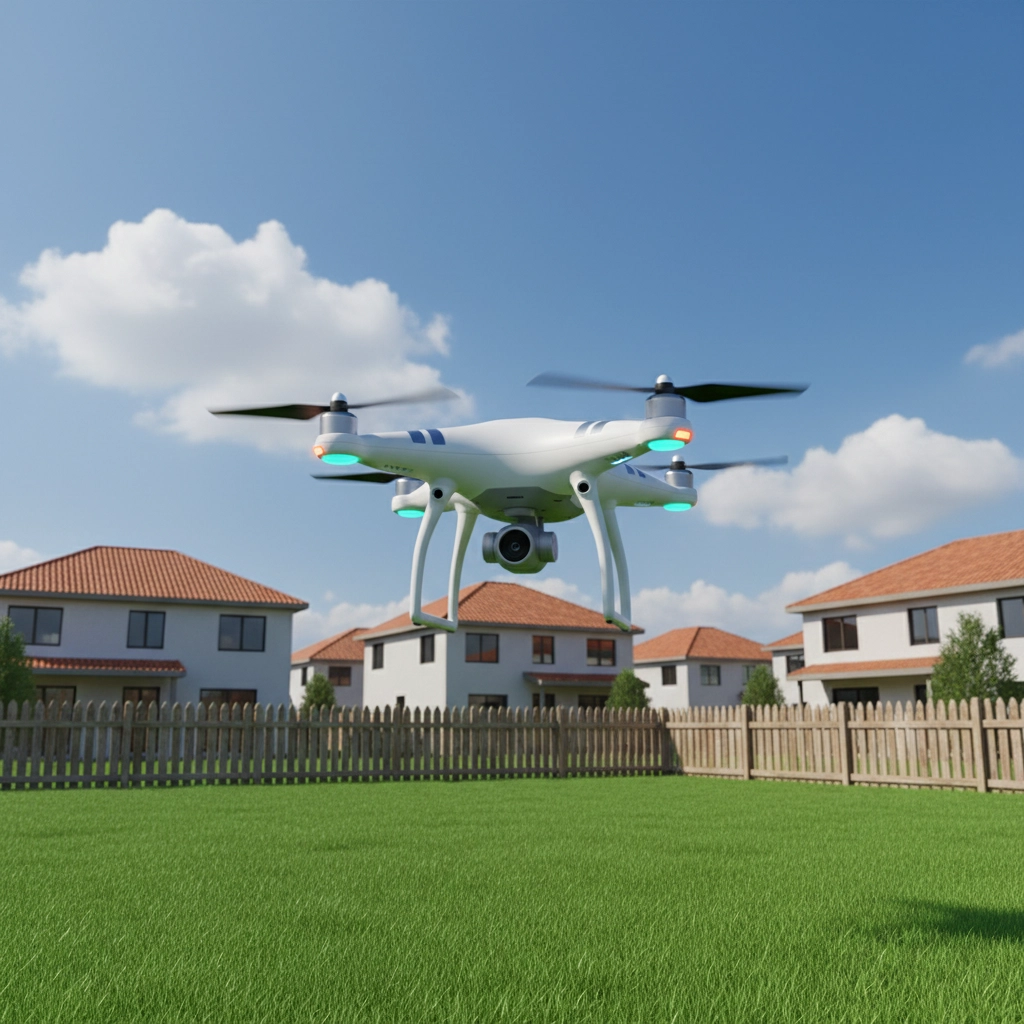
What You Absolutely CANNOT Do (This Is Important!)
Here's where people make expensive mistakes. Even if you're furious about a drone over your property, certain actions will land you in serious legal trouble.
Shooting Down a Drone Is a Federal Felony
You cannot shoot, throw objects at, or physically attack a drone: this is a federal crime with severe penalties. Under 18 U.S. Code § 32, destroying an aircraft (which includes drones) can result in up to 20 years in prison and massive fines.
This isn't a joke. People have been prosecuted and sentenced for shooting down drones, even when those drones were hovering low over their property. The law doesn't care how annoyed you are: physically attacking a drone is treated the same as attacking a commercial airplane.
Other Things You Can't Do
- Signal jamming – Interfering with drone communications is illegal
- Laser pointers – Pointing lasers at aircraft is a separate federal crime
- Nets or other capture devices – Still considered interference
- Hacking or taking control – Electronic interference is prohibited
Bottom line: Don't touch, shoot, or interfere with the drone in any physical way.
The Confusing Part: Low-Altitude Rights
Here's where drone law gets murky. While the FAA controls airspace, property owners do have some rights to the space immediately above their land: but these rights are limited and poorly defined.
The 1946 Causby Case
In United States v. Causby, the Supreme Court ruled that property owners have rights to the airspace they can "reasonably use and enjoy." This typically means very low altitudes: think tree-top level or lower.
What this means in practice:
- A drone flying at 200 feet over your house is clearly legal
- A drone hovering 10 feet over your backyard pool enters a legal gray area
- A drone landing on your property is likely trespassing
Your Rights Don't Include Physical Force
Even if a drone is violating your low-altitude rights, you still can't shoot it down. Your legal remedies are civil (like lawsuits), not physical retaliation. This distinction is crucial and trips up many property owners.
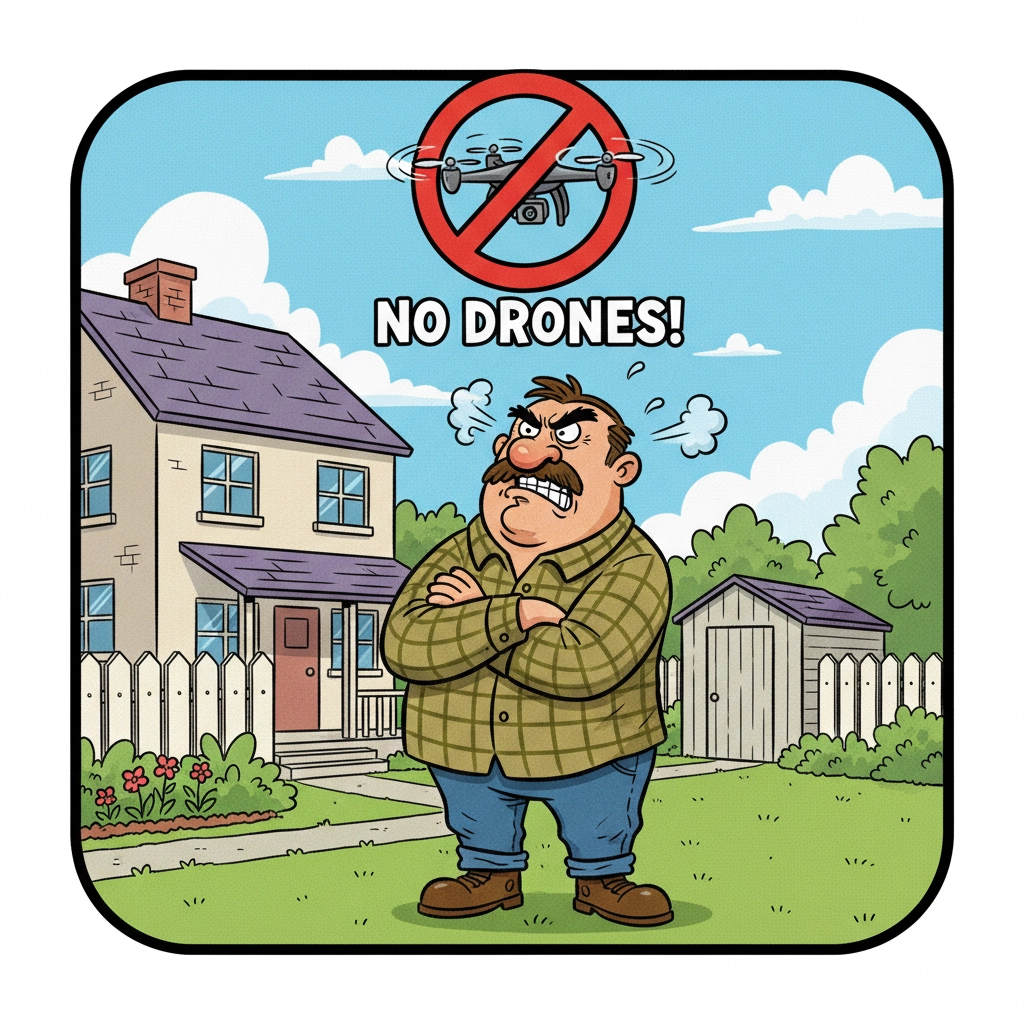
When Drone Use IS Actually Illegal
While flying over property is generally legal, using drones for specific purposes absolutely isn't:
Privacy Violations
- Recording people in private areas without consent
- Peeping into windows or yards where people expect privacy
- Following or stalking someone with a drone
Arizona-Specific Protections
Arizona has strong drone privacy laws. It's illegal to use a drone to intentionally photograph, record, or observe someone in a private place where they have a reasonable expectation of privacy. Violations can result in serious criminal charges.
Harassment and Intimidation
Using a drone to deliberately disturb, frighten, or harass someone is illegal in most states, including Arizona.
Step-by-Step: What to Do If You Think Your Privacy Is Being Violated
If you believe a drone is being used illegally against you, here's your action plan:
Step 1: Document Everything
- Take photos/videos of the drone
- Note the date, time, and duration
- Record what the drone appears to be doing
- Try to identify the operator if possible
Step 2: Contact Local Law Enforcement
- Call police if you suspect illegal surveillance or harassment
- Provide your documentation
- File a formal complaint if advised
Step 3: Report to the FAA
- File complaints for safety violations or reckless operation
- Use the FAA's online reporting system
- Provide detailed information about the incident
Step 4: Consider Civil Action
- Consult with a lawyer about privacy violations
- Explore options for restraining orders if harassment is occurring
- Document any damages (emotional distress, loss of property enjoyment)
Step 5: Check Local Ordinances
- Research your city/county drone laws
- Some areas have additional restrictions beyond federal rules
- Contact local officials about potential violations
Remember: Work through legal channels, not vigilante justice.
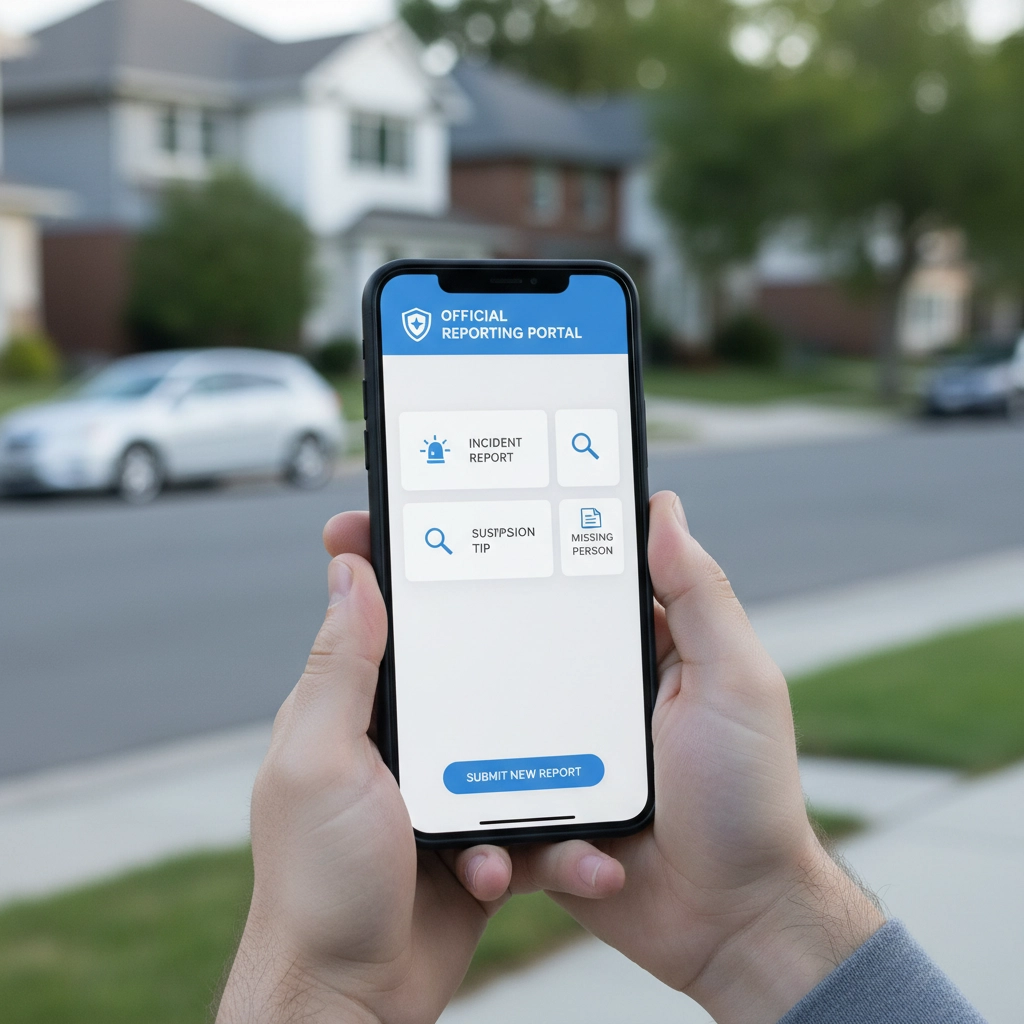
Busting Common Myths About Property Rights and Drones
Myth 1: "I Own the Air Above My House"
Reality: You don't own airspace. The FAA controls it, and they allow drone flights over private property.
Myth 2: "No Trespassing Signs Apply to Drones"
Reality: Airspace isn't the same as ground-level property. Signs don't create no-fly zones.
Myth 3: "I Can Shoot Down Any Drone Over My Property"
Reality: This is a federal felony regardless of altitude or your property rights.
Myth 4: "Drone Pilots Need My Permission"
Reality: Not under federal law, though some state laws may require it for certain activities.
Myth 5: "Local Police Will Make Them Stop"
Reality: Police can only act if actual laws are being broken, not just because you're annoyed.
Why This Is All So Confusing
The confusion around drone laws exists because federal and state governments regulate different aspects:
- Federal law (FAA) controls where drones can fly
- State and local laws control privacy, harassment, and trespassing
- Both can apply to the same drone flight
This overlap creates situations where a drone flight might be perfectly legal under FAA rules but illegal under state privacy laws. It's not that the laws contradict each other: they address different concerns.
At US Tech Support Solutions, we often help businesses navigate complex technology regulations like these. Whether it's cybersecurity compliance or understanding digital privacy laws, having expert guidance makes all the difference in staying on the right side of regulations.
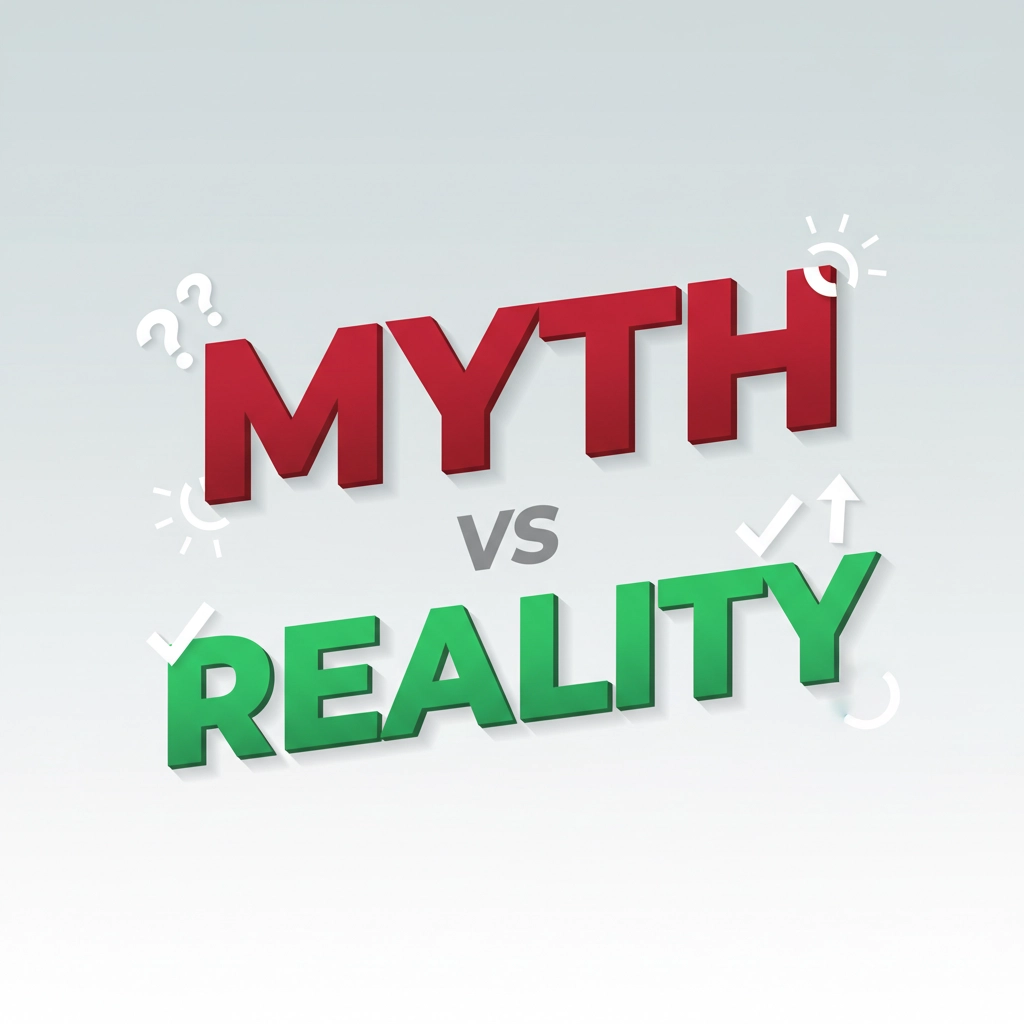
What About Commercial vs. Hobby Drones?
The rules are essentially the same whether someone's flying for fun or profit. However:
- Commercial pilots need Part 107 certification and are generally more aware of regulations
- Real estate photographers are typically operating legally when shooting properties
- Hobby pilots might be less informed about rules but still must follow them
Don't assume malicious intent just because you see a drone. Many operators are following the law and conducting legitimate business activities.
The Future of Drone Laws
Drone regulations continue evolving as the technology becomes more common. We're likely to see:
- Stronger state privacy protections
- More local ordinances addressing noise and nuisance issues
- Better enforcement mechanisms for violations
- Clearer guidelines on low-altitude rights
Stay informed about changes in your area, as new laws could affect both drone operators and property owners.
Main Takeaways
What's Legal:
- Drones flying over your property following FAA rules
- Transit flights at reasonable altitudes
- Commercial operations like real estate photography
What's Illegal:
- You shooting down or interfering with any drone
- Drone operators conducting surveillance or harassment
- Privacy violations under state laws
Your Best Actions:
- Document suspected violations
- Report to appropriate authorities
- Pursue civil remedies if needed
- Never take physical action against drones
Remember: The key is understanding that airspace rules and privacy protections are separate legal frameworks. A drone might be legally in the airspace while illegally violating your privacy: your remedy is through courts and law enforcement, not your shotgun.
The bottom line? Federal law allows most drone flights over private property, but that doesn't make all drone activities legal. Know your rights, respect the law, and work through proper channels when problems arise.
Share this:
- Click to share on Facebook (Opens in new window) Facebook
- Click to share on Tumblr (Opens in new window) Tumblr
- Click to share on X (Opens in new window) X
- Click to share on Pocket (Opens in new window) Pocket
- Click to share on Pinterest (Opens in new window) Pinterest
- Click to share on LinkedIn (Opens in new window) LinkedIn

